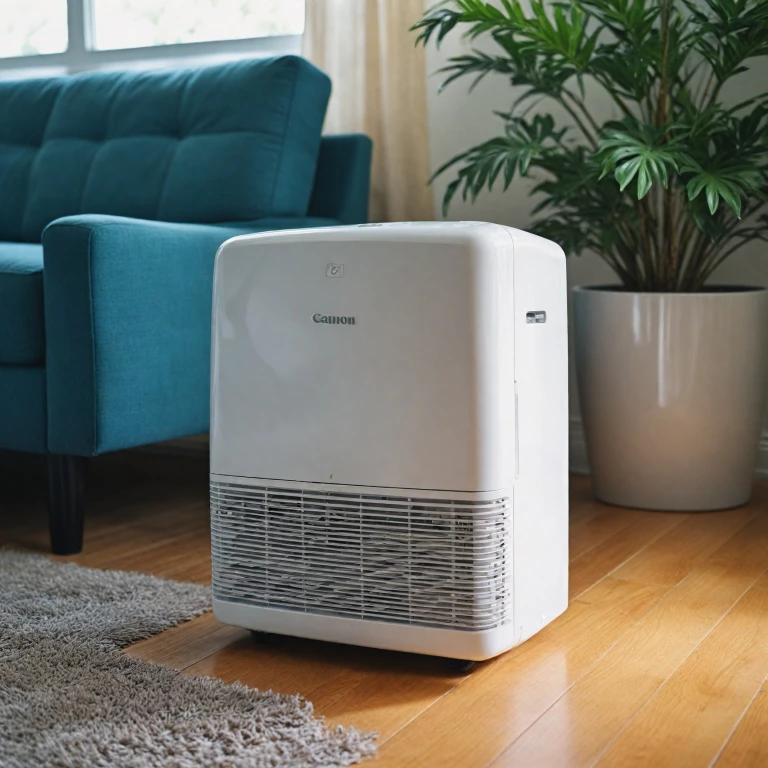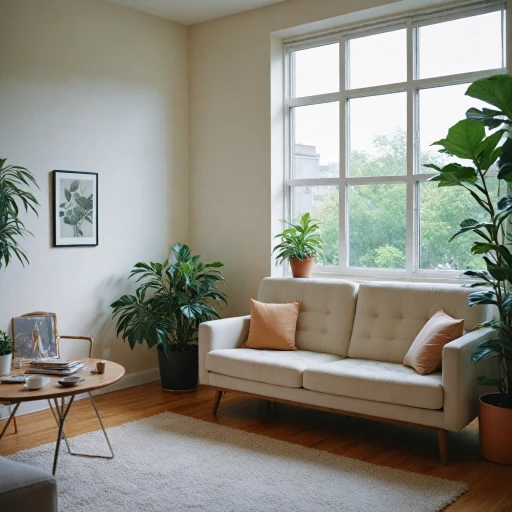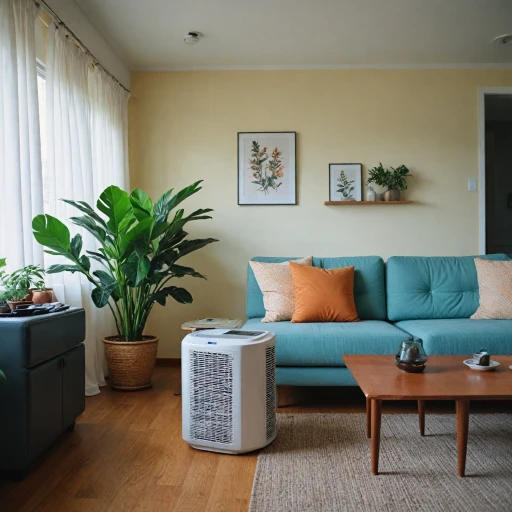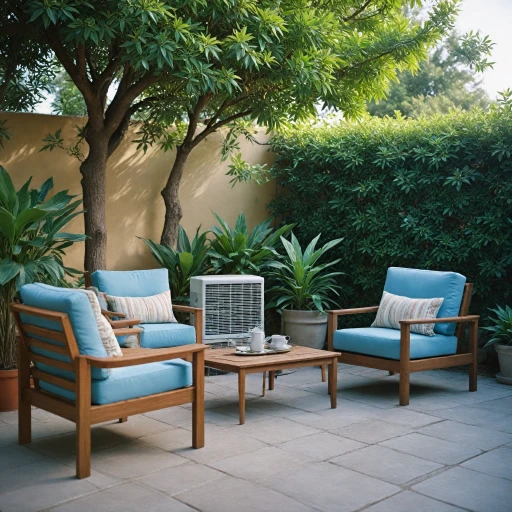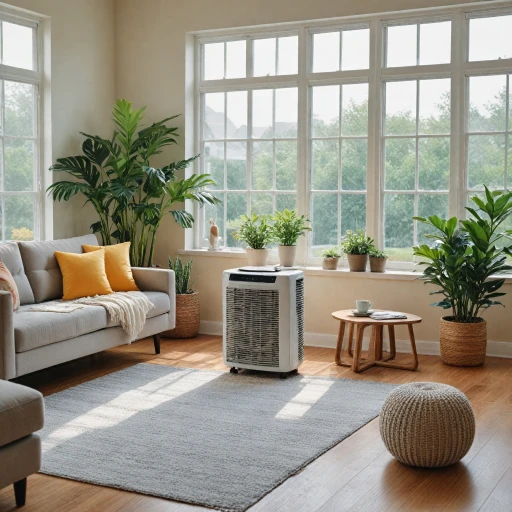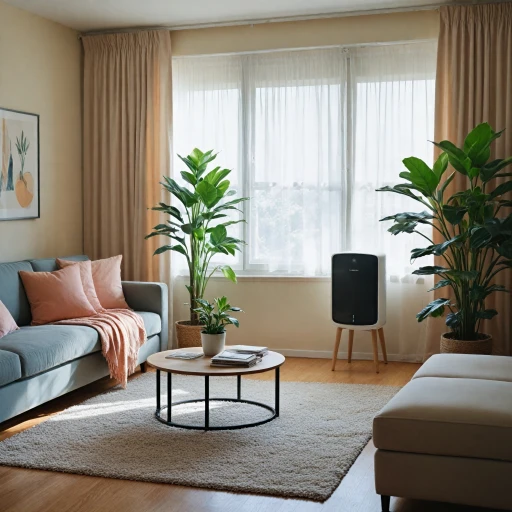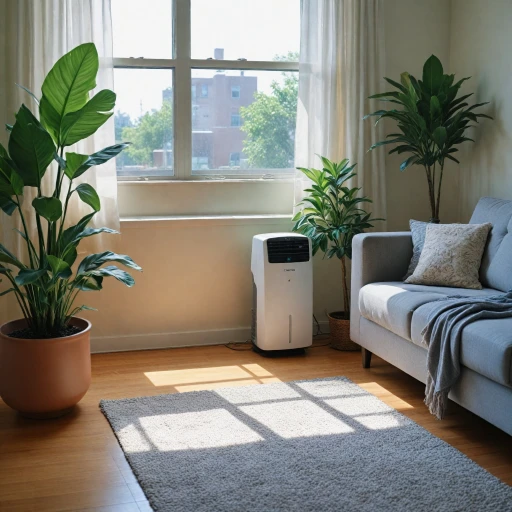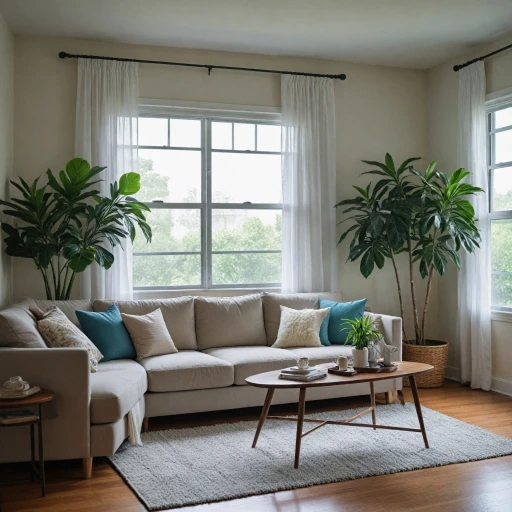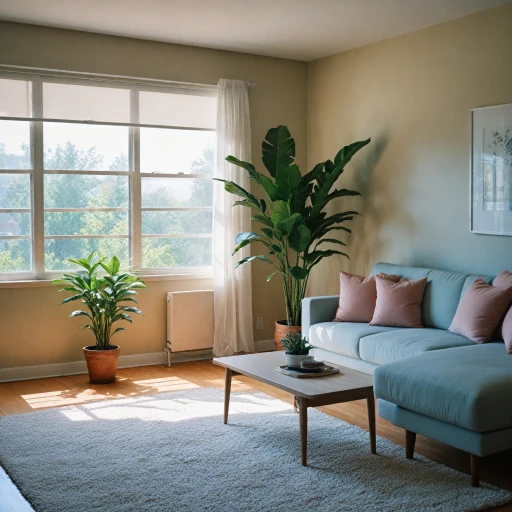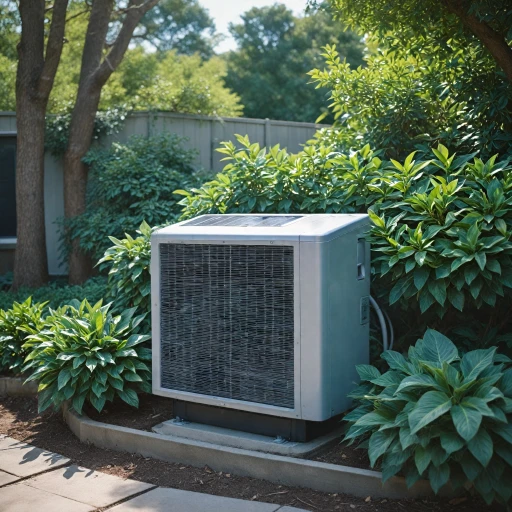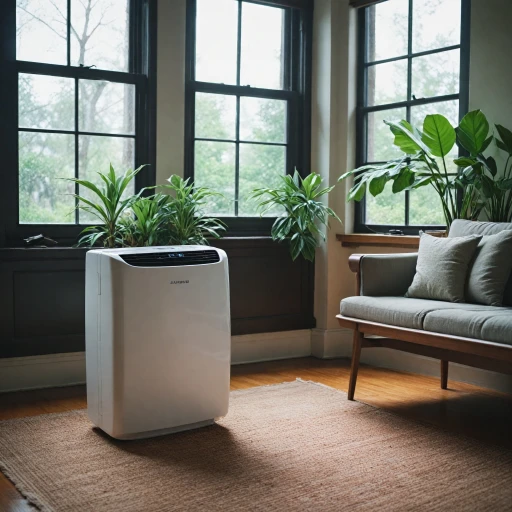
The significance of wattage in portable air conditioners
The Role of Wattage and Power Consumption in Portable Units
Understanding the wattage of portable air conditioners is essential for maximizing energy efficiency and ensuring optimal cooling performance. Wattage, simply put, measures the power consumption of various electrical devices, including your portable units. When selecting a portable air conditioner, the power or watts measure how much energy the unit will consume while running. This can have significant implications for both operational costs and overall performance. One key factor to consider is how wattage affects the energy efficiency of portable air conditioners. Higher wattage typically translates to more power consumption, which can lead to increased electricity bills. However, it doesn't always equate to better cooling. Instead, identifying the most suitable wattage for your space can help achieve optimal cooling without excessive energy usage. Choosing the right wattage also hinges on room size and cooling needs. An oversized air conditioner might waste energy, while an undersized unit could struggle to maintain a comfortable temperature. Therefore, understanding the ideal wattage for your particular situation is crucial. Regularly, portable AC units are also compared using BTUs (British Thermal Units), which indicate the cooling capacity. By comparing wattage and BTU ratings, you can make a more informed decision when purchasing a portable air conditioner. Additionally, when it comes to portable units, advancements like solar generators and inverter-powered models show promise in enhancing energy efficiency. These innovations aim to reduce power consumption further, offering potential savings on electricity in the long run. For more detailed insights into the connection between power and efficiency in portable air conditioners, you can explore portable air conditioner's power consumption for a comprehensive overview.How to calculate the right wattage for your space
Determining the Ideal Power for Your Cooling Needs
When it comes to selecting a portable air conditioner, choosing the right wattage is crucial for efficient cooling. Understanding how to calculate the appropriate wattage for your space can help ensure optimal performance and energy efficiency. Several factors influence the required power, and it's important to consider them carefully.
Start by examining the size of the area you intend to cool. Portable air conditioners are usually rated in British Thermal Units (BTUs), but understanding watts is equally important since it relates to power consumption. To determine the right wattage for your room, you need to understand the relationship between BTUs and watts. Generally, 1 BTU corresponds to approximately 0.293 watts. Hence, if you have a unit that offers 10,000 BTUs, it will typically consume around 2,930 watts.
However, other factors like insulation quality, ceiling height, and window sizes can affect the power requirements of your portable unit. A well-insulated space may require less power compared to a drafty area with large windows. Additionally, if you're considering the efficiency aspect of power consumption, think about how a portable power device balances performance with lower energy use.
Lastly, consider exploring units that are specifically designed to optimize energy consumption. For insights on the benefits of advanced units, see the benfits of a 4 ton heat pump package unit which offers an overview of energy-efficient alternatives that might suit larger spaces.
Comparing wattage and BTUs
Comparing Wattage and BTUs: What's the Connection?
Understanding the relationship between wattage and BTUs can be quite crucial when choosing a portable air conditioning unit. The two terms, while related, serve different purposes in evaluating the performance and energy consumption of an air conditioner. BTUs, or British Thermal Units, are used to measure the amount of heat an air conditioner can remove from a given space. In other words, when you see a portable unit advertised with a certain number of BTUs, it indicates the cooling capacity of that unit. Generally, the higher the BTU rating, the larger the area the air conditioner can cool. Wattage, on the other hand, refers to the power consumption of the air conditioner. This measurement indicates how much electricity the portable unit will use while operating. It's important to note that a higher BTU rating usually means higher power consumption, measured in watts. Here’s where the balance becomes essential: optimization between cooling capacity and electricity consumption can affect the energy efficiency of your conditioning unit. For those seeking to choose the right air conditioner size, understanding the BTU rating is crucial. However, keep in mind the power consumption aspect, especially if you're looking to manage electricity costs or plan to use a solar generator. It's essential to not just look at the BTU rating but also consider the energy efficiency ratio of the unit to make sustainable and informed decisions. In essence, while BTUs are crucial for determining cooling capacity, wattage gives insight into the unit's energy usage. Balancing both will ensure optimal performance while maintaining energy efficiency in your space.Energy efficiency and wattage
Balancing Power and Economy in Cooling
When selecting a portable air conditioner, understanding and optimizing the wattage is critical to ensure that you are running a unit that is both effective and energy efficient. The relationship between energy efficiency and the unit's wattage is a key piece of the puzzle. Choosing a unit that uses an appropriate amount of power for its BTUs is crucial. Higher wattage in a portable unit can lead to better cooling performance, but it also increases energy consumption. This is where energy efficiency becomes an important factor. Most portable units are designed to deliver efficient cooling while minimizing electricity usage, allowing you to stay comfortable without causing a significant increase in your utility bills. There is a fine balance between the size of the room, the BTU rating, and the wattage of the air conditioning unit. An oversized unit, for example, will cool a room quickly but might cycle on and off more frequently, leading to increased power consumption without efficient energy use. On the other hand, a unit that uses too little power could struggle to cool the room efficiently. To make a smart choice, it’s important to consider using Energy Star-rated units, which are certified to be more energy efficient. These units typically have a higher SEER (Seasonal Energy Efficiency Ratio) rating, meaning they require less power per BTU. In areas with frequent power outages, or for those looking to reduce their carbon footprint, solar or inverter generators can be excellent options to power your portable air conditioner. These solutions can help cut down electricity usage from the grid while maximizing the cooling impact of your portable unit. In the end, selecting an energy efficient portable air conditioner with optimal wattage and maintaining it well ensures you a cool environment with controlled energy consumption. It's all about finding the right balance between cooling needs and power usage.Common misconceptions about wattage
Debunking Common Myths about Portable Air Conditioner Wattage
When it comes to understanding the wattage of portable air conditioning units, there are several misconceptions that often lead to confusion. By debunking these myths, you can make more informed decisions about your portable air conditioner’s power consumption and energy efficiency.
One common myth is that a higher wattage automatically means better cooling performance. While it's true that more watts often correlate with greater power consumption, it does not necessarily translate to a more effective cooling experience. The efficiency of the unit plays a crucial role as well, and BTUs (British Thermal Units) are often a more accurate measure of cooling capacity than wattage alone.
Another misconception is that the size of the air conditioner solely dictates power consumption. In reality, the efficiency of the unit and how well it is suited to the space it's cooling are also critical factors. A properly chosen portable unit will minimize energy consumption while maximizing cooling.
Further, some believe that portable air conditioners are inherently less energy efficient than central air systems. While central air can be more energy-efficient for entire homes, portable units can be extremely efficient for individual rooms or zones, especially when used strategically to target specific areas.
Finally, there's often confusion about the capability of solar power generators to run portable air conditioners. While it is possible to run smaller units with a solar generator, understanding the complete energy consumption of your unit in watts and BTUs is vital to ensuring adequate power supply.
It's important to dispel these myths to ensure you optimize the performance of your portable air conditioner, ultimately saving energy and reducing electricity bills. By focusing on the specific needs of your space and aligning them with the right wattage and efficiency, you can achieve effective cooling without unnecessary power usage.
Tips for optimizing your portable air conditioner's performance
Enhancing Your Portable Air Conditioner's Efficiency
Optimizing the performance of your portable air conditioner involves more than just understanding its wattage or BTU rating. It's about creating an environment where your unit can operate with maximum efficiency, minimizing energy consumption while delivering optimal cooling.
- Proper placement: The location of your portable unit significantly impacts its efficiency. Ensure the unit is placed near a window and has adequate ventilation. Obstructed airflow can lead to increased energy consumption.
- Regular maintenance: Keeping your portable air conditioner in top condition requires routine maintenance. Clean the filters regularly to maintain airflow efficiency and inspect the coils for any dirt or obstruction.
- Temperature settings: Keep the thermostat at a moderate setting. Lowering it excessively may increase power consumption without a corresponding improvement in comfort.
- Sealing gaps: Ensure windows and doors are properly sealed to prevent cooled air from escaping. This enhances the performance of not just portable units but window air conditioners and central air systems as well.
- Utilizing smart controls: If available, use smart technology to manage your unit's power consumption and schedule running times to align with cooler parts of the day, improving overall energy efficiency.
- Consider alternative energy sources: For those interested in reducing electricity bills, integrating a solar generator or inverter generator with your portable unit can be a viable option. This will diminish grid dependency and promote eco-friendly energy consumption.
Remember, the efficiency of your air conditioner is not solely dependent on its wattage or BTU number. Good practices in operation and maintenance can substantially enhance your portable unit's performance and longevity.

